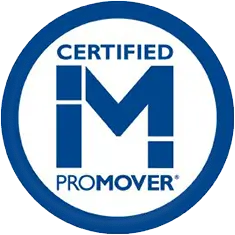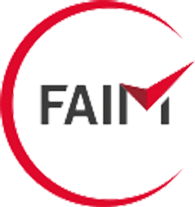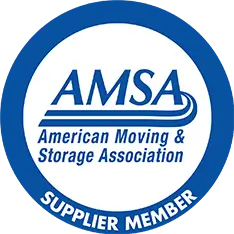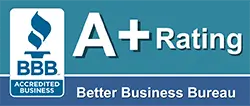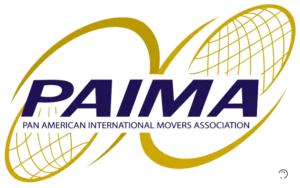Relocating to another country can be both an exciting and daunting task. Alongside the thrill of starting a new chapter, one must grapple with the complexities of customs regulations. Understanding these rules is crucial to ensure a smooth transition and avoid unnecessary complications with authorities.
Understanding Customs Regulations
Before making an international move, it’s vital to familiarize yourself with customs regulations. These regulations dictate what items can be brought into a new country, along with any restrictions or requirements that one must adhere to.
The Basics of Customs Regulations
Customs regulations are laws that govern the importation of goods across international borders. Each country has its specific guidelines, which can include restrictions on certain products, tariffs, and necessary documentation. Understanding these basics will help in preparing for your move.
Additionally, many countries have limits on the value of items you can bring without incurring taxes or duties. It’s essential to check these limits ahead of time to avoid surprises at customs. For instance, some countries may allow personal items to be imported tax-free, while others may impose strict limits on the quantity or type of goods. This can include everything from electronics to household goods, so being informed can save you from unexpected costs.
Importance of Complying with Customs Regulations
Complying with customs regulations is not just about following the law; it can also save you time, money, and stress. Non-compliance can lead to confiscation of goods, hefty fines, or even legal action. Compliance ensures that your belongings are cleared swiftly, allowing you to settle in smoothly.
Moreover, understanding the regulations can help protect your belongings. Some items may be subject to specific import restrictions, and knowing these can prevent potential damage or loss during transit. For example, certain countries have stringent rules regarding the importation of food items, plants, and animals, which can lead to significant delays or the destruction of your goods if not properly declared. Additionally, being aware of the documentation required—such as import permits or health certificates—can further streamline the process, ensuring that you have everything in order before you arrive at your new destination.
It’s also worth noting that customs regulations can change frequently, influenced by political climates, trade agreements, and health concerns. Staying updated on these changes can be crucial, especially if you are moving during a time of heightened scrutiny or new policies. Engaging with a customs broker or utilizing resources provided by your destination country’s customs authority can provide valuable insights and assistance in navigating these complexities.
Preparing for International Relocation
Preparation is key when navigating the complexities of moving internationally. A well-planned approach can make all the difference in easing the process.
Identifying Necessary Documentation
One of the first steps is understanding what documentation you will need. Generally, you will require a passport, visa, and possibly work permits, depending on your destination country.
Additionally, you may need to provide a detailed inventory of your belongings, proof of residence, and in some cases, a declaration of the value of your goods. It’s advisable to check with the specific customs office of the country you are moving to for an accurate list of required documents. Furthermore, it can be beneficial to keep digital copies of all important documents stored securely online. This way, you can access them easily in case of loss or theft during your travels, providing an extra layer of security and peace of mind.
Packing and Labeling Guidelines
How you pack your belongings is another crucial aspect to consider. Proper packing and labeling can facilitate a smooth customs inspection. Make sure to use strong, durable boxes and provide clear labels that list the contents.
Furthermore, if you are shipping items that require special considerations, such as food or electronics, ensure that they are correctly packaged and documented. This transparency can help expedite the customs process and reduce the likelihood of delays. In addition to labeling, it can be helpful to create a comprehensive packing list that outlines where each item is located within your boxes. This not only aids in tracking your belongings during transit but also simplifies the unpacking process once you arrive at your new home. Consider using color-coded labels for different rooms to streamline the organization and make your new space feel like home more quickly.
Navigating Specific Country Regulations
Customs regulations can vary significantly from one country to another. Understanding these specific regulations can minimize potential issues during your relocation.
Regulations in North America
In North America, customs regulations can differ notably between the United States, Canada, and Mexico. The U.S. Customs and Border Protection agency has stringent rules regarding prohibited items, including certain foods, plants, and animal products.
In Canada, imported goods may be subjected to tariffs, and certain items require permits. Similarly, Mexico has its own set of regulations that must be adhered to, particularly concerning household items and vehicles.
Regulations in Europe
Europe has a unified customs policy for EU member states, but there are still individual customs rules in place. Many countries have limits on imported goods and enforce VAT on items brought in from outside the EU.
When relocating to a European nation, it’s essential to understand local restrictions and tariff codes. Be aware that countries like Switzerland and Norway, while not EU members, enforce their own regulations which may differ from their neighbors.
Regulations in Asia
Asia consists of numerous countries, each with unique customs requirements. For instance, countries like Japan impose strict laws on the import of agricultural products, while others may have different restrictions on consumer goods.
Before moving to an Asian country, it’s advisable to consult the country’s customs website or get in touch with their consulate to gather specific guidelines and ensure compliance.
Dealing with Customs Officials
Once you reach your destination, interacting with customs officials can seem intimidating. However, approaching them with the right mindset can lead to a more manageable experience.
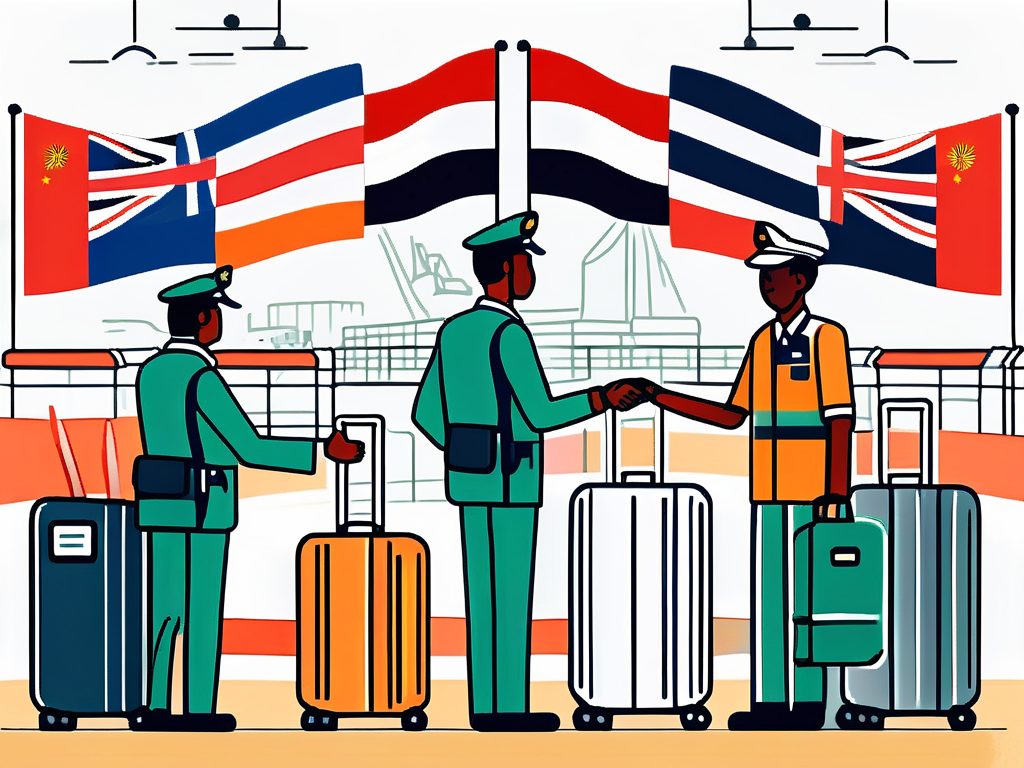
Communication Tips with Customs Officials
Effective communication is key when dealing with customs officials. Being polite, clear, and concise can go a long way in helping you get through the customs process smoothly. Prepare to answer questions related to your items and provide any necessary documentation quickly.
It’s also beneficial to remain patient, as customs processes can often take time. If language barriers arise, consider bringing a translator or using translation apps to facilitate communication.
Resolving Disputes and Delays
Despite all preparations, disputes or delays may still occur. In such cases, remain calm and cooperative. Understanding your rights and knowing the procedures for disputing decisions can be advantageous.
If your belongings are held by customs, always ask for clear reasons. You can also inquire about possible solutions and timelines for the release of your goods. Being proactive will help in resolving issues more swiftly.
Post-Relocation Considerations
After the challenges of moving and dealing with customs regulations, it’s time to focus on settling in completely.
Retrieving Your Belongings
Once you have cleared customs, you must arrange for the retrieval of your belongings from the customs facility or have them delivered to your new residence. Ensure you have all necessary paperwork in order for this phase.
It’s also wise to keep records of all customs transactions in case you need to refer to them in the future. This documentation can be crucial if issues arise later regarding your imported goods.
Paying Duties and Taxes
Finally, be prepared to pay any applicable duties and taxes on your shipments. Familiarize yourself with the calculation of these fees to budget accordingly.
Failure to pay these duties can result in penalties or delays in receiving your belongings. Being transparent about the value of your goods and paying the required fees can streamline your customs experience.
In conclusion, navigating customs regulations for international relocations is a multifaceted task that requires careful preparation and understanding. By familiarizing yourself with regulations, preparing your documentation, and communicating effectively, you can ensure a smoother transition into your new home.










